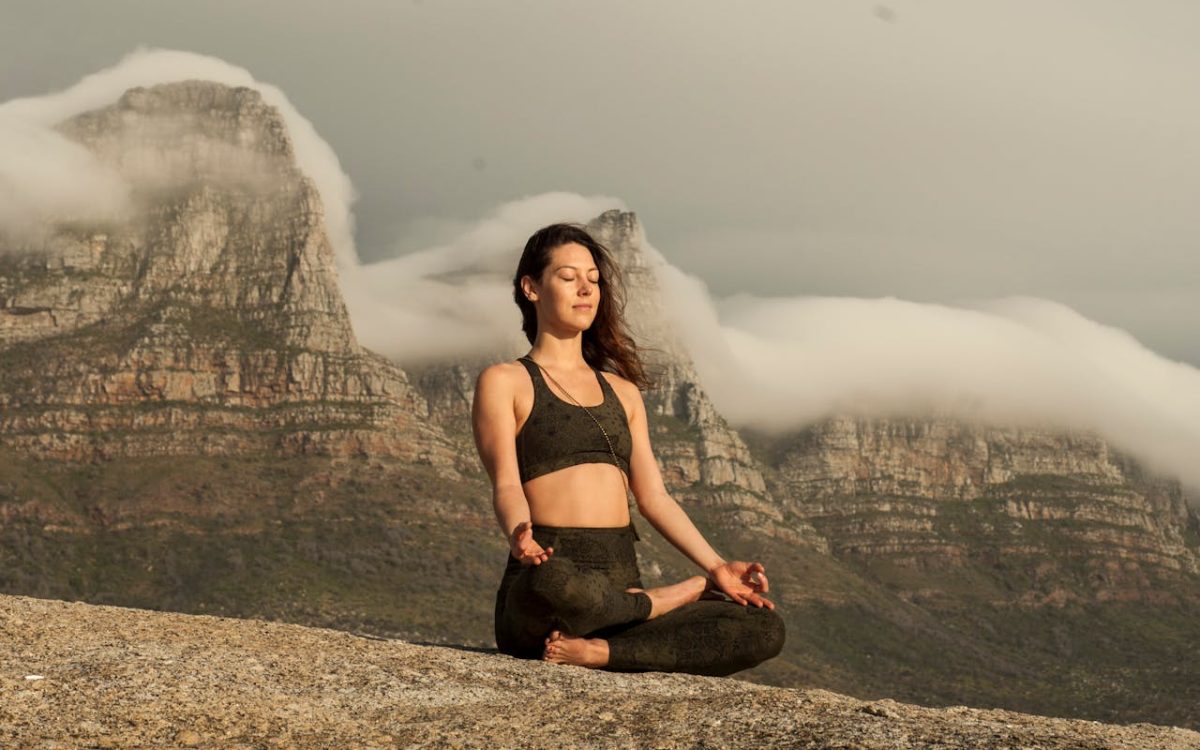In today’s fast-paced world, where stress and anxiety have become part of our daily lives, mindfulness offers a path to reclaiming balance and inner peace. Mindfulness, a practice rooted in ancient traditions, is more than just a trend; it’s a way of life that can transform your mental, physical, and emotional well-being. If you’ve ever felt overwhelmed, burned out, or disconnected, mindfulness might be the key to resetting and revitalizing your life.

What is Mindfulness?
At its core, mindfulness is the practice of being fully present in the moment, aware of your thoughts, emotions, and sensations without judgment. It’s about observing your experiences as they unfold, rather than getting caught up in the past or worrying about the future. This simple, yet profound practice, can lead to greater clarity, calm, and connection in your daily life.
The concept of mindfulness has been around for thousands of years, with roots in Buddhist meditation practices. However, it has gained widespread popularity in the West thanks to figures like Jon Kabat-Zinn, who developed the Mindfulness-Based Stress Reduction (MBSR) program in the late 1970s. Today, mindfulness is embraced by millions worldwide as a tool for managing stress, improving focus, and enhancing overall well-being.

Benefits of Practicing Mindfulness
The benefits of mindfulness are vast and supported by a growing body of research. Here are some key advantages:
- Reduced Stress: Mindfulness helps in lowering cortisol levels, the body’s stress hormone, making it easier to manage daily stressors.
- Improved Focus and Concentration: By training your mind to stay in the present, mindfulness enhances your ability to concentrate on tasks, boosting productivity.
- Emotional Regulation: Mindfulness helps you become more aware of your emotional responses, enabling you to manage them better and reducing the likelihood of reactive behavior.
- Enhanced Relationships: By being fully present in the moment, mindfulness fosters deeper, more meaningful connections.
- Better Physical Health: Mindfulness has been linked to improved immune function, reduced blood pressure, and better sleep quality.
For more information on the benefits of mindfulness, you can explore Mindful.org.

How to Start Practicing Mindfulness
Getting started with mindfulness doesn’t require any special equipment or prior experience. Here are some simple steps to begin:
- Start with Your Breath: One of the easiest ways to practice mindfulness is by focusing on your breath. Find a quiet place, close your eyes, and take slow, deep breaths. Pay attention to the sensation of the breath entering and leaving your body. Whenever your mind wanders, gently bring it back to your breath.
- Practice Mindful Observation: Choose an object in your environment and observe it carefully for a few minutes. Notice its color, shape, texture, and any other details without labeling or judging it.
- Mindful Listening: Pay attention to the sounds around you, whether it’s the hum of a fan, birds chirping, or distant traffic. Listen without analyzing or reacting, simply be aware.
- Mindful Eating: Next time you eat, take a moment to really taste your food. Notice the flavors, textures, and smells. Eat slowly, savoring each bite.
- Mindful Walking: When you walk, focus on the sensation of your feet touching the ground, the movement of your legs, and the rhythm of your breathing.
For those looking for structured guidance, mindfulness apps like Headspace and Calm offer easy-to-follow exercises and meditations. These apps can be excellent tools to help you stay consistent in your practice.
Mindfulness in Daily Life
Incorporating mindfulness into your daily routine doesn’t mean you need to spend hours meditating. Here’s how you can practice mindfulness in various aspects of your life:
- Work: Start your day with a few minutes of mindful breathing before diving into your tasks. During the day, take brief mindful breaks to check in with yourself, especially during stressful moments.
- Relationships: Practice active listening and being fully present with your loved ones. This can lead to more fulfilling and less stressful interactions.
- Personal Growth: Use mindfulness to tune into your inner experiences, helping you make more informed decisions aligned with your values.
- Stressful Situations: When faced with a challenging situation, pause and take a few mindful breaths. This can help you respond thoughtfully rather than react impulsively.
Conclusion
Mindfulness is more than just a buzzword; it’s a powerful practice that can lead to profound changes in your life. Whether you’re looking to reduce stress, improve focus, or deepen your relationships, mindfulness offers a path to a more balanced and fulfilling life. As you begin your mindfulness journey, remember that it’s not about perfection but about showing up for yourself with compassion and curiosity. Take it one step at a time, and soon, you’ll notice the transformative effects in your life.



